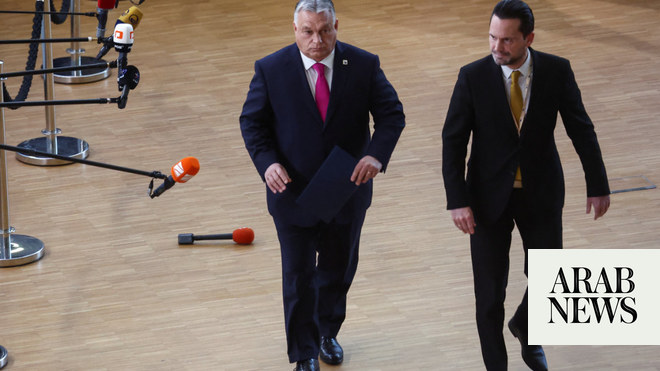
Pro-independence demonstrations took place across Catalonia on Wednesday in protest against the jailing of sacked regional politicians.
Catalan pro-independence union CSC called the strike which was supported by civic groups Asamblea Nacional Catalana (ANC) and Omnium Cultural, whose leaders were imprisoned last month on sedition charges.
Activists blocked roads across the region, causing huge tailbacks into Barcelona while some public transport ran minimum services.
Scores of people stood across dozens of major highways in the region waving placards and chanting “freedom for political prisoners” while minor scuffles were reported on social media as police attempted to move protesters, TV and video images showed.
The national railway operator, Renfe, said that trains stopped working on dozens of local lines because protesters were blocking tracks. Several national high-speed lines have also been affected, Renfe added, with trains delayed or diverted. In the northern town of Girona, protesters bypassed police controls to enter the main railway station.
However, despite transport delays, shops and businesses in the region largely appeared to be functioning as normal.
The leaders the ANC and Omnium and eight former members of the Catalan government are in prison awaiting trial after staging a referendum on secession that Spanish courts deemed illegal and then declaring independence.
The independence drive has tipped Spain in to its worst political crisis in decades, widening political and cultural divisions and prompting thousands of companies to relocate out of the region.
The government, which assumed control of Catalonia after a unilateral independence declaration, has called an election for December 21.
Meanwhile, Catalan secessionist parties on Tuesday failed to agree on a united ticket to contest the snap regional election, making it more difficult to rule the region after the vote and press ahead with their collective bid to split from Spain.
Catalan political parties had until midnight on Tuesday to register coalitions ahead of the vote, but the two main forces which formed an alliance to rule the region for the last two years did not manage to agree on a new pact in time.
While they could still find an agreement after the vote, political analysts say the lack of a deal on a joint campaign may also trigger a leadership fight at the top of the movement.
This is because center-right PdeCat (Catalan Democratic Party) of sacked Catalan president Carles Puigdemont is expected to be overtaken by leftist Esquerra Republicana de Catalunya (ERC) of former regional vice president Oriol Junqueras.
Puigdemont and Junqueras are the two main leaders behind the current secession bid that last month led to a unilateral declaration of independence which Spain thwarted by imposing direct rule on the region.
Junqueras is currently in custody pending a potential trial on charges of sedition, rebellion and misuse of public funds. Puigdemont, who faces the same charges, is currently in self-imposed exile in Belgium and has said he would oppose extradition.
Belgian Prime Minister Charles Michel is refusing to comment on the political actions of the ousted Catalan leader in Belgium, saying that Puigdemonts case must be handled by justice authorities alone.
Michel told Belgian lawmakers Wednesday that "as prime minister I consider that I dont have to make any pronouncements about justice, whether it be in Belgium or between European countries."
The premier was lambasted by the lawmakers for his handling of the Catalan crisis and its fallout in Belgium, where Puigdemont and four associates are fighting extradition to Spain.
While some Belgian government officials have criticized Spains handling of Puigdemonts independence drive, Michel said that the Spanish government remains his partner.
He said: "We have an interlocutor; it is the government in Madrid. It is Spain."
Spanish Prime Minister Mariano Rajoy said next months elections in Catalonia should open "a new political era" in the northeastern region with the return to normality and respect for the countrys laws.
"I hope that elections open a new political era of coexistence, in which the rules are respected and the Spanish economy recovers," he said in parliament Wednesday when asked by opposition lawmakers about the extraordinary controls that have led to central authorities to rule directly Catalonia.












